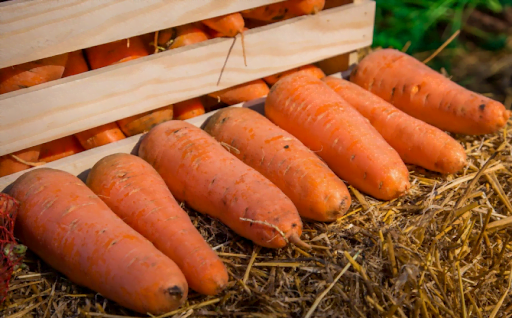Based on seed sales to date, horticulture input suppliers expect carrot plantings for 2023 to increase by at least 10-15%. However, early carrot varieties are usually sown in the country at the end of April, when the soil warms up enough, EastFruit reports. A lot can still change until then, if farmers see enough incentives, they may well have time to place orders and purchase additional volumes of planting material. But, as the operators of the market of inputs for agriculture suggest, carrot plantations are unlikely to increase as much as onion plantations this year. That is, about 30%.
It is worth keeping in mind several factors. Over the past two years, prices for carrots in Moldova have remained relatively high. Last year, among the root crops of the “borscht set”, they were second only to the price of onions and garlic. Moreover, many carrots were sown in the country in 2022 – about 2 500-3 000 ha. Also, among other vegetables, carrot growing in Moldova is more technologically developed: mechanized harvesting, sorting, and modern storage infrastructure are more widespread. The leftover stock of last year’s carrots is larger than those of onions. With a fairly stable but limited domestic demand for carrots, their prices in Moldova were supported only by exports to Ukraine (same as in the case of onions).
Read also: The area of onion plantations in Moldova will increase by a third – forecast
At the same time, according to some operators of the Moldovan fruit and vegetable market, it is a risky decision to sharply expand carrot crops for the 2023 harvest for exports to Ukraine. There are prerequisites that the production of carrots in the central, western, and northern regions of Ukraine will increase this year. As a result, if the harvest is big, prices in the region will decrease.
The use of the site materials is free if there is a direct and open for search engines hyperlink to a specific publication of the East-Fruit.com website.




